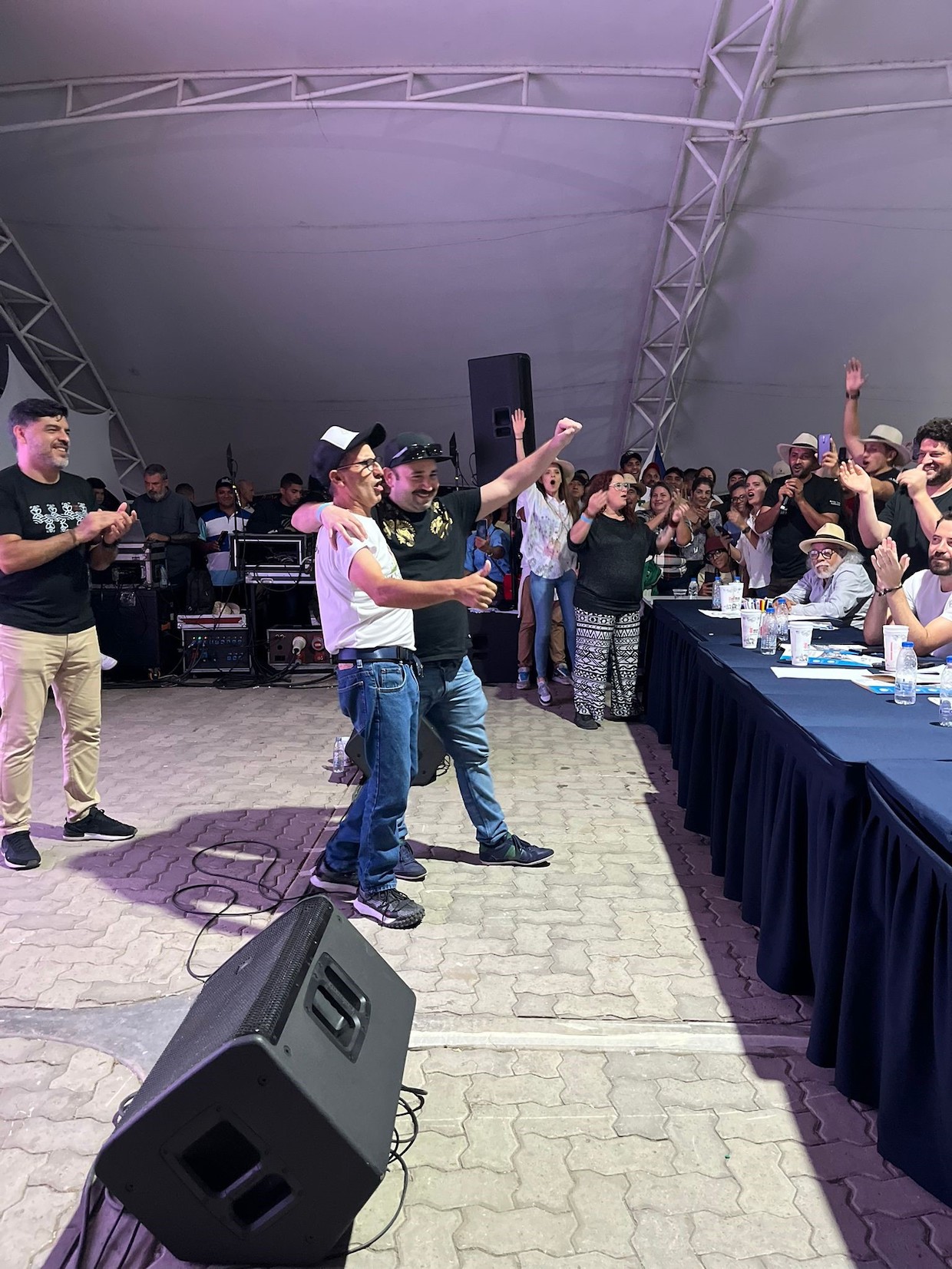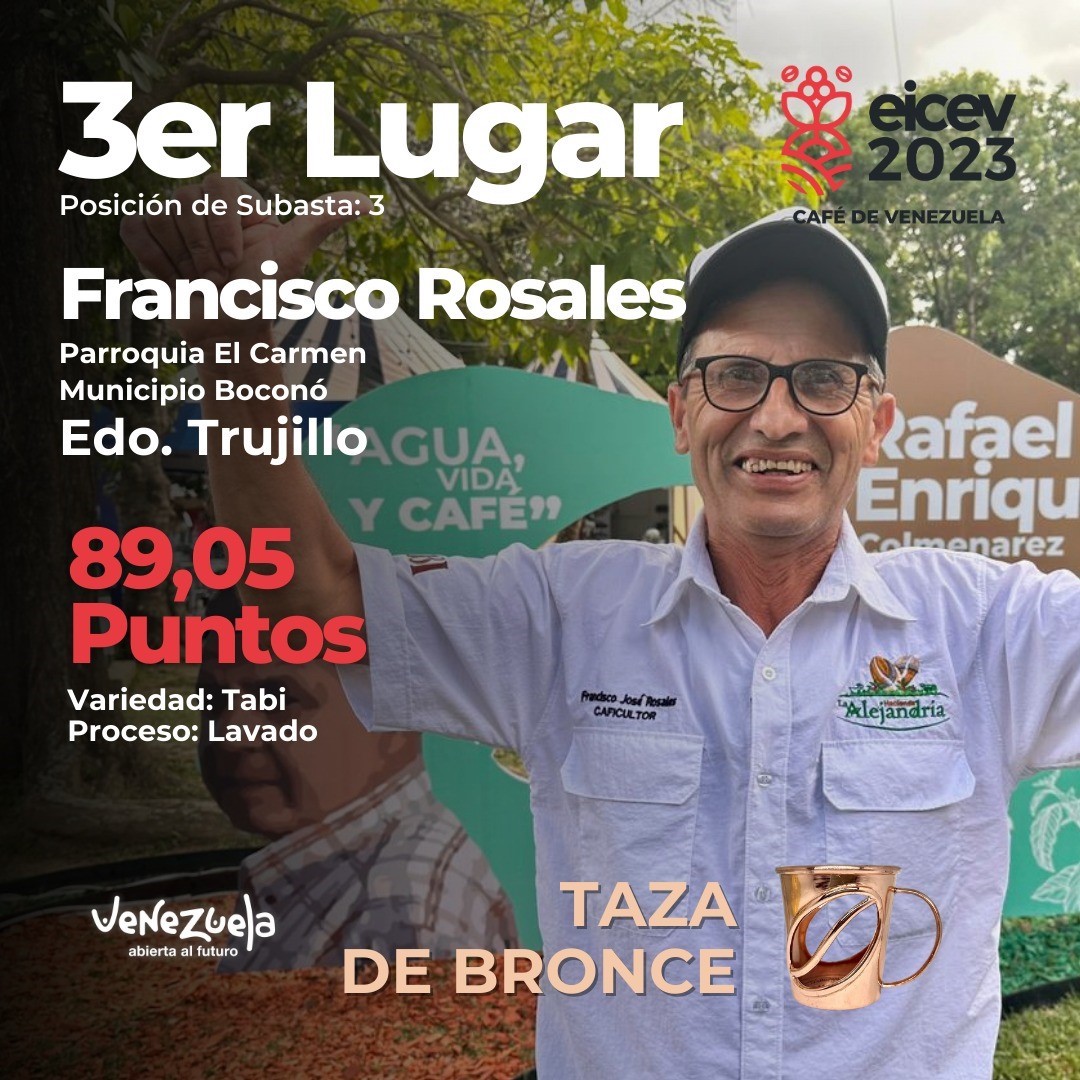
At the second Café de Venezuela EICEV event earlier this month in Caracas. All images courtesy of Cafe Imports.
The Venezuelan government’s coffee promotion agency, Café de Venezuela, hosted its second annual national coffee competition and auction earlier this month.
With geography and climate conditions ideal for coffee production — such as those in neighboring Colombia — Venezuela has been producing coffee continuously since the late 18th century. However, political and other market forces in recent decades have diminished Venezuela’s coffee trade.
Minneapolis-based coffee trading company Cafe Imports was one of numerous international buyers on hand at this month’s national coffee event, called EICEV. The company placed two winning bids on 100-pound microlots of green coffee.
“It was a really successfully exploratory trip for us,” Cafe Imports Senior Vice President of Sales Noah Namowicz told DCN. “We are super pleased with the outcome and excited to bring this coffee to the U.S. market.”
According to a Venezuelan government report, the coffee competition resulted in 18 auction lots selected by 26 international tasters from 14 counties and four national jurists with international qualifications.
In the auction, Cafe Imports purchased a washed Tabi variety from producer Francisco Rosales of Trujillo that scored 89.05 points, placing third in the competition.
The company also secured the number five lot, an anaerobic-process coffee from producer Kelly Andrade.
Said Namowicz, “Since these lots are so small — 100 pounds each — we plan to partner with someone to roast and sell these lots to benefit a local charity or development organization in Venezuela.”
Cafe Imports Senior Green Coffee Piero Cristiani was in Venezuela for the event. He described a wide range of coffee profiles in terms of both post-harvest processing methods and cup characteristics.
“Some were filled more with spiced notes, others were more herbal — these stood out the most as being different, not necessarily the best I’d say, though,” Cristiani told DCN. “But you also had profiles that you see in good Colombians and good Perus.”
According to Cristiani, one interesting aspect of the auction program was the strong presence of domestic buyers, namely Venezuelan roasting companies. Both of the competition’s top lots went to Venezuelan buyers.
“Venezuelan coffee has great potential,” Cristiani said. “[Venezuela] can produce great coffee like its neighbors, Colombia and Peru, as it has high altitude and great varieties. In terms of volumes, they have a strong production. They also have a strong consumption market — a lot of it espresso-based.”
Does your coffee business have news to share? Let DCN’s editors know here.
Nick Brown
Nick Brown is the editor of Daily Coffee News by Roast Magazine.









Comment